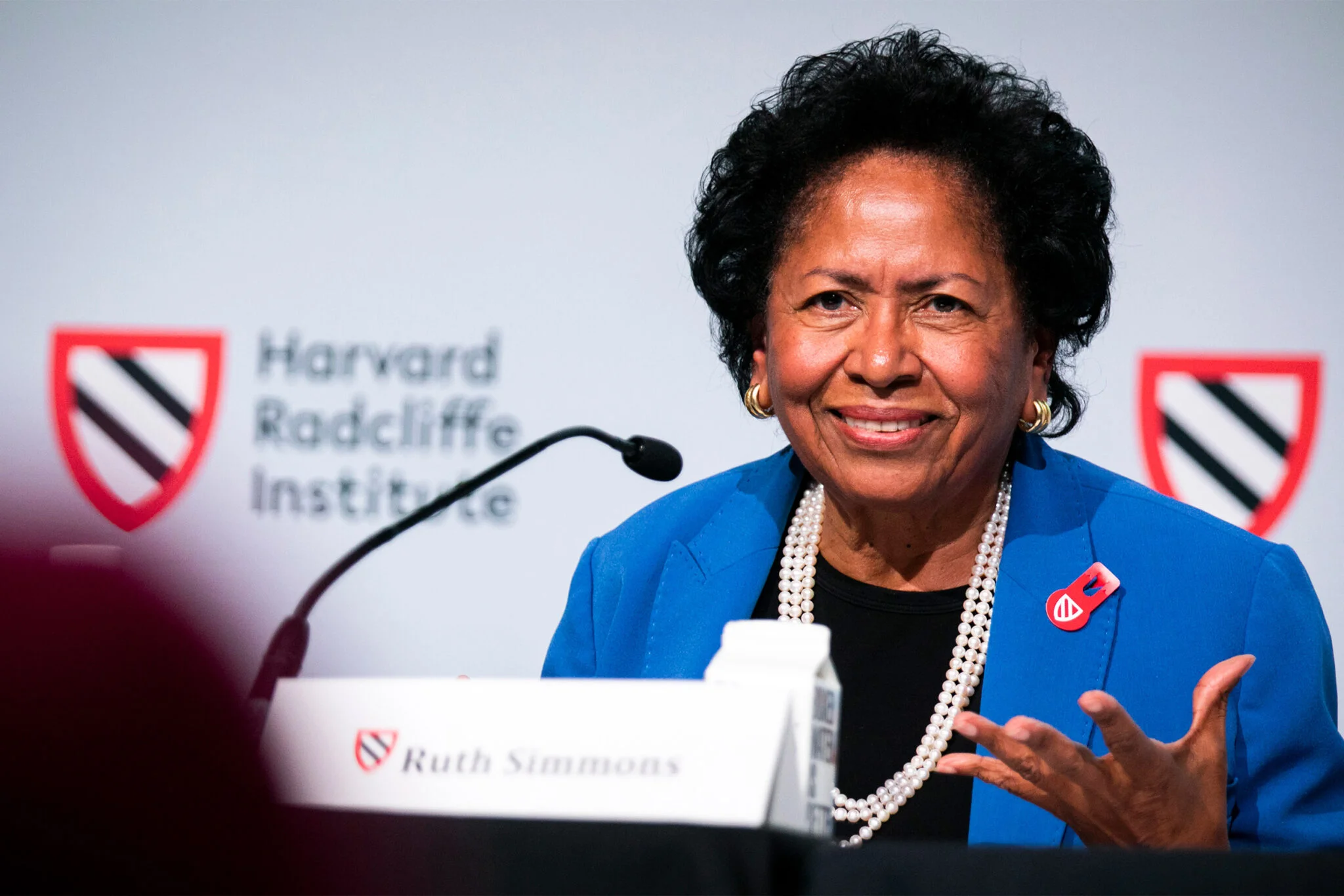
Ten years ago, the Center for the Study of Slavery and Justice opened its doors on the Brown University campus. Now, in recognition of that decade milestone and the generosity of Brown donors whose support established a $10 million endowment for the center, the University has named the center in honor of Brown University President Emerita Ruth J. Simmons.
It was Dr. Simmons whose bold initiative to uncover the university’s historical ties to racial slavery resulted in a landmark 2006 report that led to the center’s creation and inspired universities and other organizations around the world to take up the work of investigating their own ties to slavery.
“Under President Simmons’ leadership, Brown became one of the first universities to examine its ties to the transatlantic slave trade with academic rigor and with unflinching honesty,” said Christina H. Paxson, current president of Brown University. “Ruth’s bold, enlightened action paved the way for the center, one of the jewels of education and research at Brown, and there is no more fitting tribute than to name the center in her honor.”
“I have been immensely proud of all that the center has accomplished,” Dr. Simmons said. “The wide array of research, scholarship, and public discourse the center has generated has made it a resource for hundreds of individuals, institutions, and nations. I hope that it will continue to interrogate the many forms of slavery and exploitation, serving as a continuing resource to those seeking to address historic wrongs.”
Dr. Simmons served as the eighteenth president of Brown University from 2001 to 2012. Before becoming president of Brown University, Dr. Simmons was president of Smith College in Northampton, Massachusetts. Earlier, she was vice provost at Princeton University in New Jersey and provost at Spelman College in Atlanta. She came out of retirement in 2017 to serve as president of Prairie View A&M University. She is now serving as President’s Distinguished Fellow at Rice University in Houston and as a senior adviser to the president of Harvard University on engagement with historically Black colleges and universities.
Dr. Simmons is a native of Houston and is a product of the city’s public school system. She is a graduate of Dillard University in New Orleans and holds a Ph.D. in Romance languages and literatures from Harvard University.












I am a product of HISD, Class of 66. If possible please respond. My attempt is to get the classes of 1966 (aka. class of 66). In may of 2026, we would been out of HS 60 years. I story should be told because it was the last year of segregation. Looking forward hearing from you.
Will Dr Simmons write a memoir so that we can all learn from her trailblazing experiences in academia?
There are many African-Americans who have tried and failed to succeed in the “business” of higher education, and who might benefit from any insights she may have about the reasons for her outstanding success.